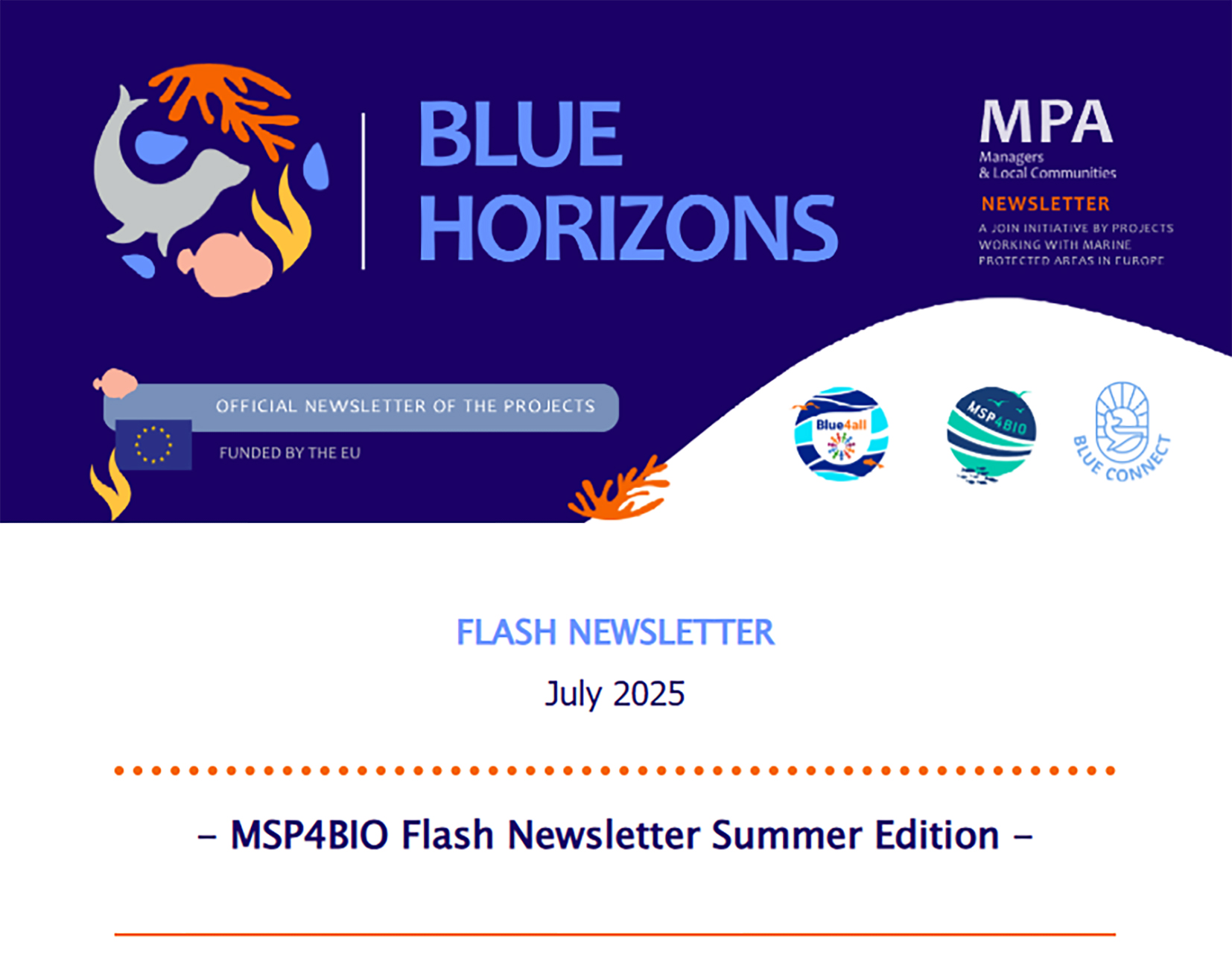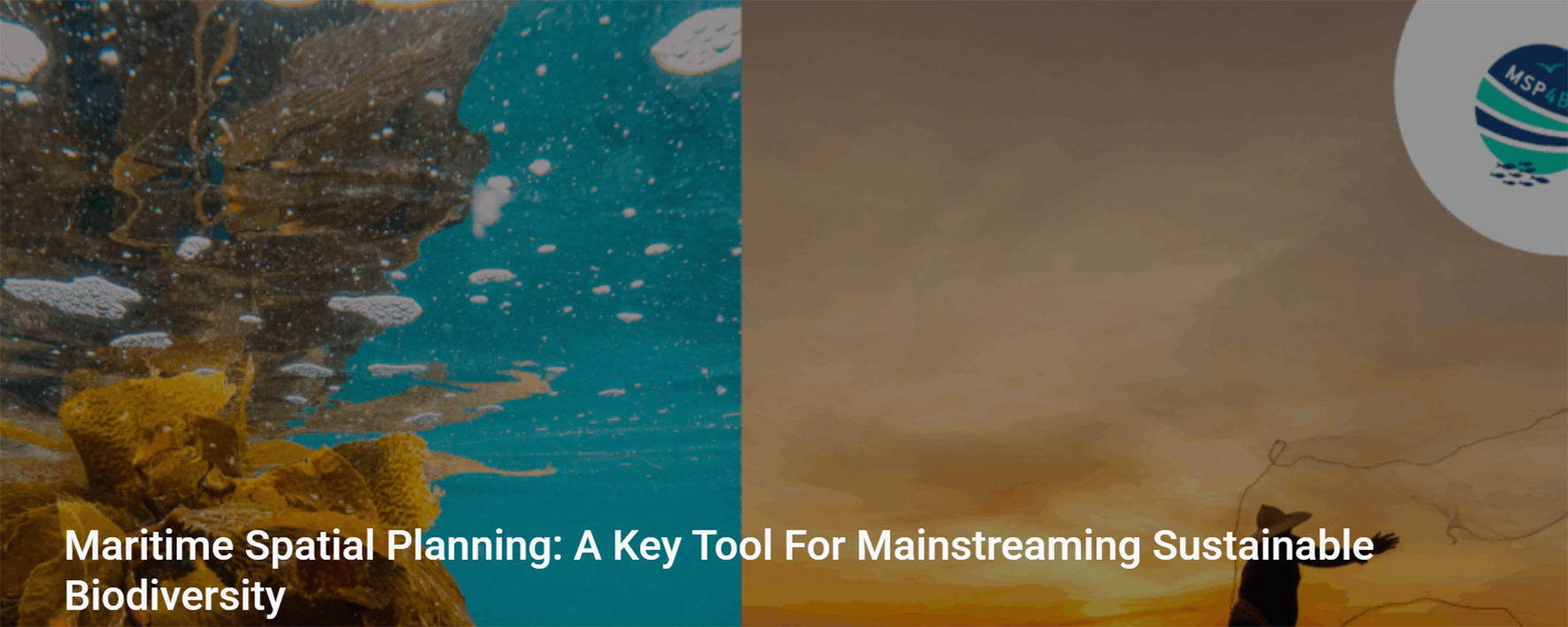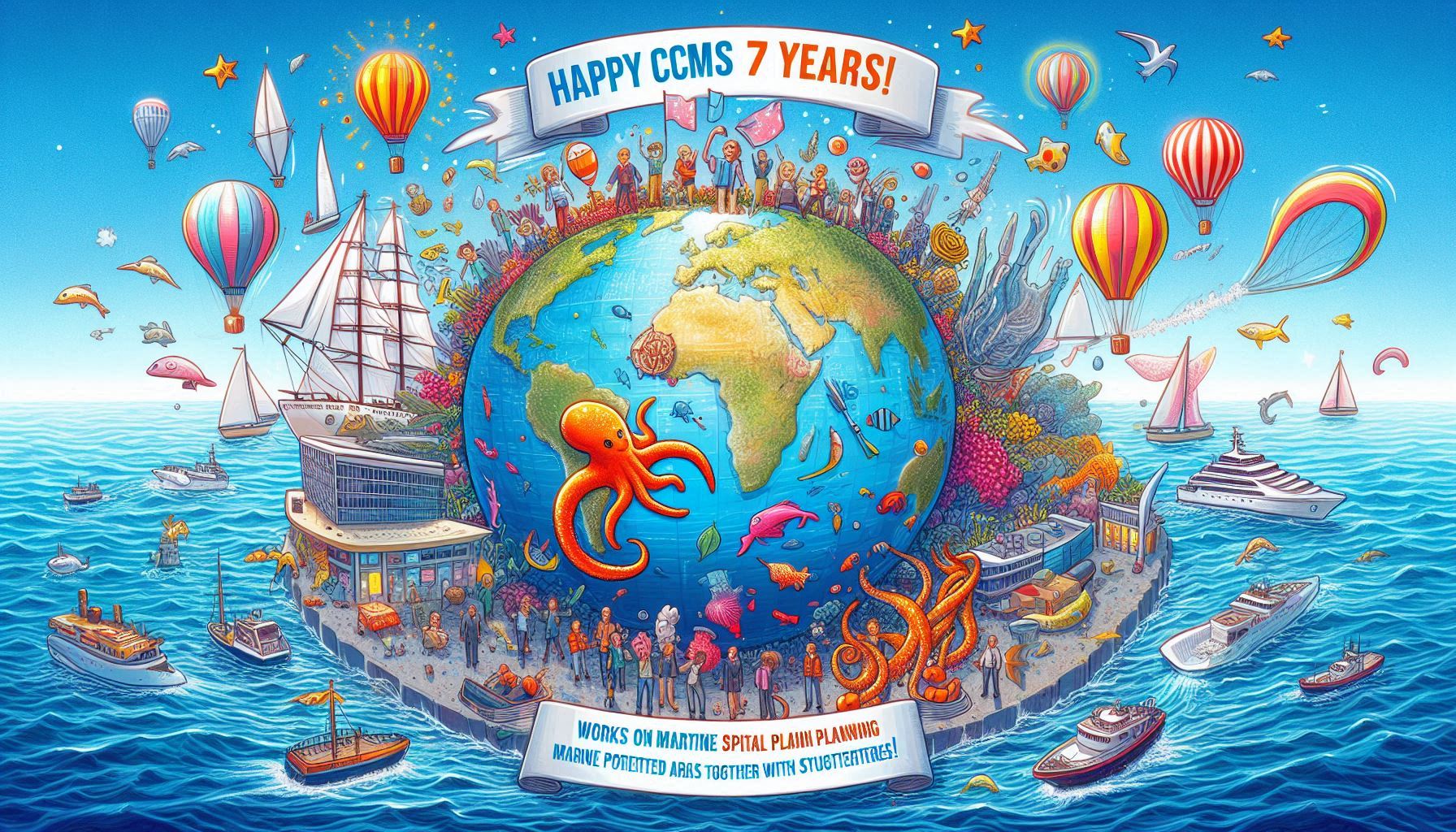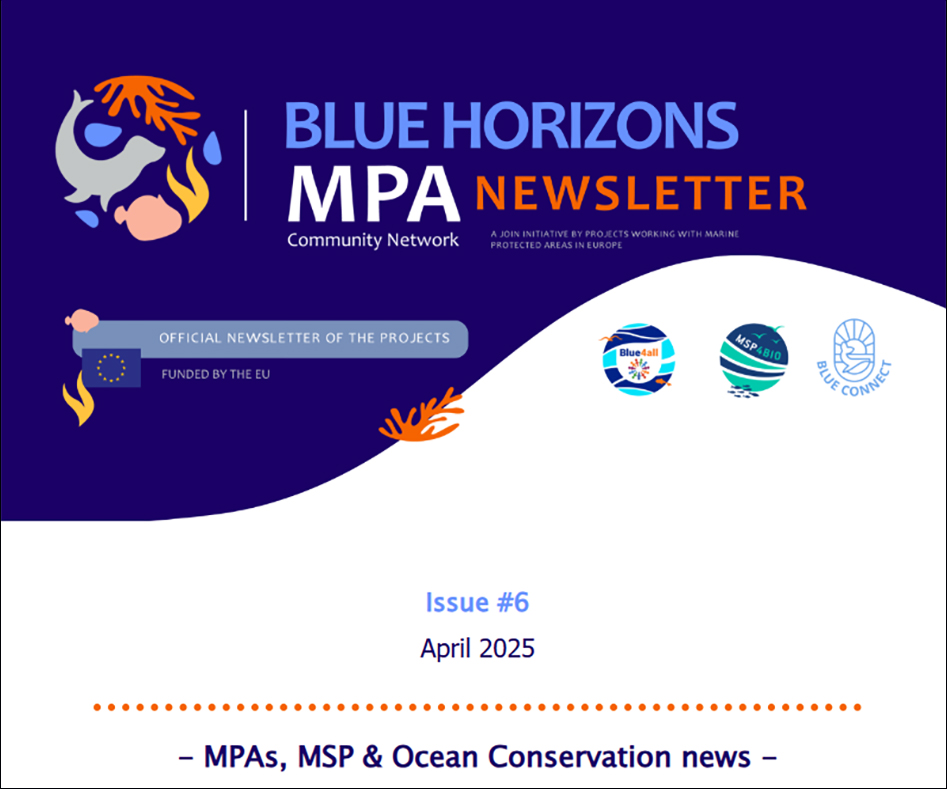News
Welcome to the MSP4BIO Flash Newsletter 2025 Summer Edition!
 We entered to the final month of the MSP4BIO project, so we would like to share some reflections on our Final Event, along with some key insights and outcomes from the past three years.
We entered to the final month of the MSP4BIO project, so we would like to share some reflections on our Final Event, along with some key insights and outcomes from the past three years.
MEDIGREEN & NESBp Workshops 01-02 July
The Blue Week kicked of with internal workshops from the MEDIGREEN and NESB project who then joined the first day of the MSP4BIO Final Event focusing on Cross-fertilisation and knowledge transfer. A great opportunity to reflect on synergies and build on partnerships.
MSP4BIO Final Event, 02-04 July
- Closing the MSP4BIO chapter with lasting Impact
In the first week of July, Venice brought together marine planners, policymakers, researchers, and sister projects for three days of collaboration, validation, and future planning during the MSP4BIO Final Event. From cross-project exchanges, validation sessions and interactive workshops to strategy sessions on long-term uptake, the event marked a major milestone in biodiversity mainstreaming within Maritime Spatial Planning.
- Key Takeaways include:
1) Strong collaboration across projects is vital to harmonize methodologies and maximize impact.
2) Building trust with stakeholders fosters inclusive, transparent, and long-term planning efforts.
3) Achieving policy coherence across sectors and jurisdictions is indispensable for meaningful change.
4) Embracing ecosystem-based approaches ensures that maritime spatial planning supports both biodiversity conservation and human well-being.
Read the full story on our website: MSP4BIO Final Event
WELCOME TO THE #6 ISSUE OF THE BLUE HORIZONS MPA NEWSLETTER!
We’re thrilled to bring you a wave of exciting updates from across our marine conservation and MSP initiatives!
- The MPA Community Network is now live — your new hub for tools, case studies, and peer exchange to support effective MPA management!
- Don’t miss the launch of the MPA Design Card Game, co-developed by BLUE4ALL, BioProtect, Pharos, Marine Plan, MSP4BIO, and Blue CONNECT, and already successfully tested during European Ocean Days.
- Get ready for the MSP4BIO Final Event, where we’ll share key results, policy recommendations, and what’s next for biodiversity in marine spatial planning.
Read the full newsletter here!
MSP BOOSTS SUSTAINABLE MARINE PROTECTION

Authors:
Margarita Stancheva, Center for Coastal and Marine Studies – CCMS
Agnese Cosulich, Sustainable Projects GmbH – s.Pro
Natascha Jaspert, Sustainable Projects GmbH – s.Pro
Addressing the Challenges
Maritime Spatial Planning (MSP) is designed to follow an Ecosystem-Based Approach (EBA), ensuring marine ecosystem health and sustainability. In practice, MSP is often assumed as sector-driven, with limited integration of Marine Protected Areas (MPAs) and area-based conservation measures. Challenges include unclear biodiversity criteria, weak policy coherence, and limited understanding of human–ecosystem interactions.
The MSP4BIO Approach: Innovative Solutions for Nature-Inclusive MSP
To tackle these gaps, MSP4BIO developed and tested an innovative Ecological and Socio-Economic (ESE) management framework in close collaboration with stakeholders. This flexible, integrated approach enhances biodiversity integration in MSP and sectoral planning, adapting to the rapid changes in marine ecosystems.
HAPPY BIRTHDAY TO CCMS: WE TURN 7!
On 9 March 2025 we celebrate seven years of the Center for Coastal and Marine Studies (CCMS)! The past seven years of success, challenges, exchange and learning, has been an incredible experience!
We have accomplished so much, but the best is yet to come!

CCMS was born with the fundamental goal of developing and promoting science, research, knowledge transfer, and innovation technologies in the Black Sea and in the World Ocean by bringing together science, environment, expertise, stakeholders and policy making. Our activities comprise a vast range of coastal and marine research (studies and surveys in the field of modern coastal and marine processes), as well as support to the implementation of the EU coastal and maritime Strategies and Directives (MSP, Blue and Circular Economy, European Green Deal, EU Mission: Restore our Ocean and Waters, etc.), by developing scientific basis and providing knowledge and expertise, project participation, networking and consultancy.


